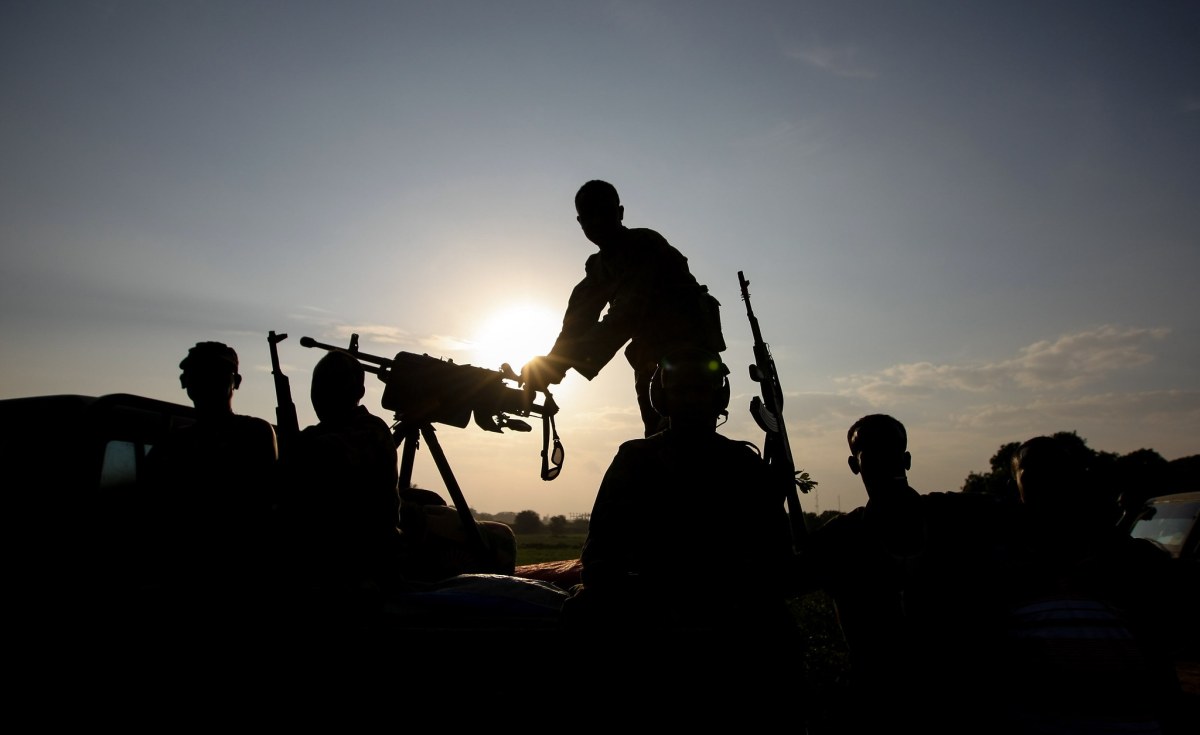How Violent Extremism Threatens Food Security in sub-Saharan Africa
The UN states that "Sub-Saharan Africa has become the new global epicenter of violent extremism with 48% of global terrorism deaths in 2021". This is a stark reminder of the urgent need to address the root causes and consequences of this phenomenon. Violent extremism not only threatens the lives and security of millions of people but also undermines the development prospects and human rights of the region. One of the key challenges that sub-Saharan Africa faces in this context is food security, which is both a driver and an outcome of violent extremism.
Food security is defined as the situation when all people, at all times, have physical, social, and economic access to sufficient, safe, and nutritious food that meets their dietary needs and food preferences for an active and healthy life. According to the latest State of Food Security and Nutrition in the World report, sub-Saharan Africa among the highest prevalence of undernourishment standing at 23.2% in 2021, approximating 260.6 of its population. The report also highlighted that conflict was one of the main factors contributing to food insecurity and malnutrition, especially in countries affected by violent extremism, such as Nigeria, Somalia, Mali, and Burkina Faso.
Violent extremist groups, such as Boko Haram, Al-Shabaab, Islamic State West Africa Province (ISWAP), and Allied Democratic Forces (ADF), have exploited the existing and historical grievances, marginalization, corruption, and state fragility in the region to recruit and radicalize vulnerable populations, especially young people who lack opportunities and livelihoods. They have also forged alliances with other armed groups and criminal networks, such as smugglers, traffickers, and bandits, to expand their influence and resources.
At the same time, food insecurity is also a consequence of violent extremism, as it disrupts livelihoods, displaces populations, reduces agricultural output and trade, and hampers humanitarian assistance. Food is weaponized and is used for controlling access to markets, crops, and humanitarian aid, and imposing taxes or restrictions on farmers and traders. In some cases, they deliberately destroy food production systems and infrastructure, such as irrigation canals, storage facilities, and roads. These actions exacerbate hunger and poverty, erode social cohesion and trust, and fuel grievances and resentment among affected communities.
The COVID-19 pandemic has further aggravated the situation, as it has increased vulnerability to shocks, reduced income opportunities and remittances, and strained health systems and social protection measures. The impact of climate change, such as droughts, floods, and locust infestations, has also worsened food insecurity in sub-Saharan Africa.
To address this complex nexus between food security and violent extremism, a comprehensive and integrated approach is needed that combines humanitarian, development, and peacebuilding interventions. Such an approach should aim to:
- Enhance the resilience of food systems and livelihoods to shocks and stresses caused by violent extremism, climate change, and other factors;
- Support inclusive and participatory governance mechanisms that ensure equitable access to land, water, and other natural resources;
- Promote social cohesion and dialogue among different groups to prevent and resolve conflicts over food-related issues;
- Strengthen the capacity of national and local institutions to prevent and counter violent extremism through evidence-based policies and programs;
- Protect the rights and dignity of people affected by violent extremism, especially women, youth, and minorities;
- Ensure safe and unhindered access for humanitarian actors to deliver food assistance and other essential services.
Food security is not only a basic human right but also a prerequisite for peace and development in sub-Saharan Africa. By addressing the root causes and consequences of violent extremism that affect food security, we can contribute to building a more prosperous, stable, and sustainable region for all.

Comments
Post a Comment